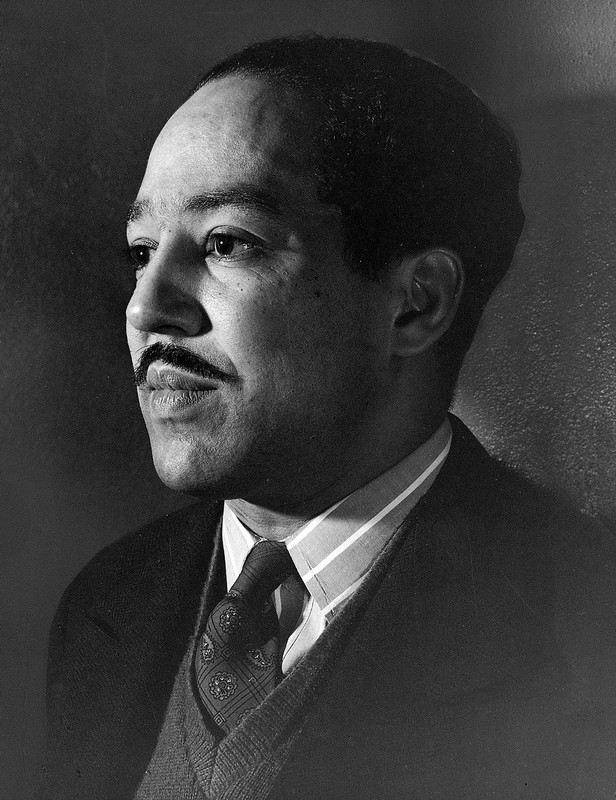
Langston Hughes was a central figure in the Harlem Renaissance, the flowering of black intellectual, literary, and artistic life that took place in the 1920s in a number of American cities, particularly Harlem. A major poet, Hughes also wrote novels, short stories, essays, and plays. He sought to honestly portray the joys and hardships of working-class black lives, avoiding both sentimental idealization and negative stereotypes. As he wrote in his essay “The Negro Artist and the Racial Mountain,” “We younger Negro artists who create now intend to express our individual dark-skinned selves without fear or shame. If white people are pleased we are glad. If they are not, it doesn’t matter. We know we are beautiful. And ugly too.”
MOTHER TO SON BY LANGSTON HUGHES - NARRATION BY VIOLA DAVIS
LANGSTON HUGHES - LIFE AND TIMES WITH ALICE WALKER
LANGSTON HUGHES: LEADING VOICE OF THE HARLEM RENAISSANCE
